- Homepage
- News and Features
- AGM: BIGGA President calls for strive towards carbon neutrality
AGM: BIGGA President calls for strive towards carbon neutrality
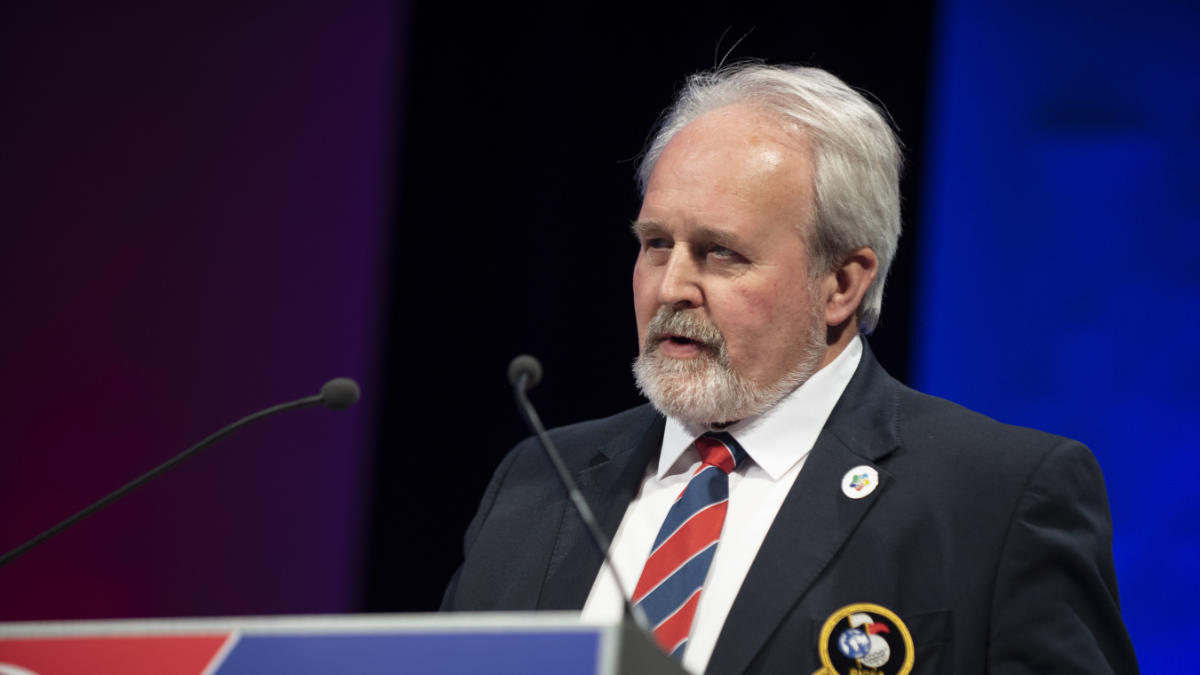
The BIGGA AGM took place on Tuesday 2 February, with a number of members recognised for their significant contributions to the association over many years.
The AGM is an opportunity for BIGGA members to learn more about the operations of the association, while full members can pose questions to the senior management team.
BIGGA President Colin Webber also spoke about the tremendous cost of the coronavirus pandemic, while asking fellow greenkeepers to strive towards carbon neutral operations at their golf club. You can read the entire transcript below.
Remembering members we lost
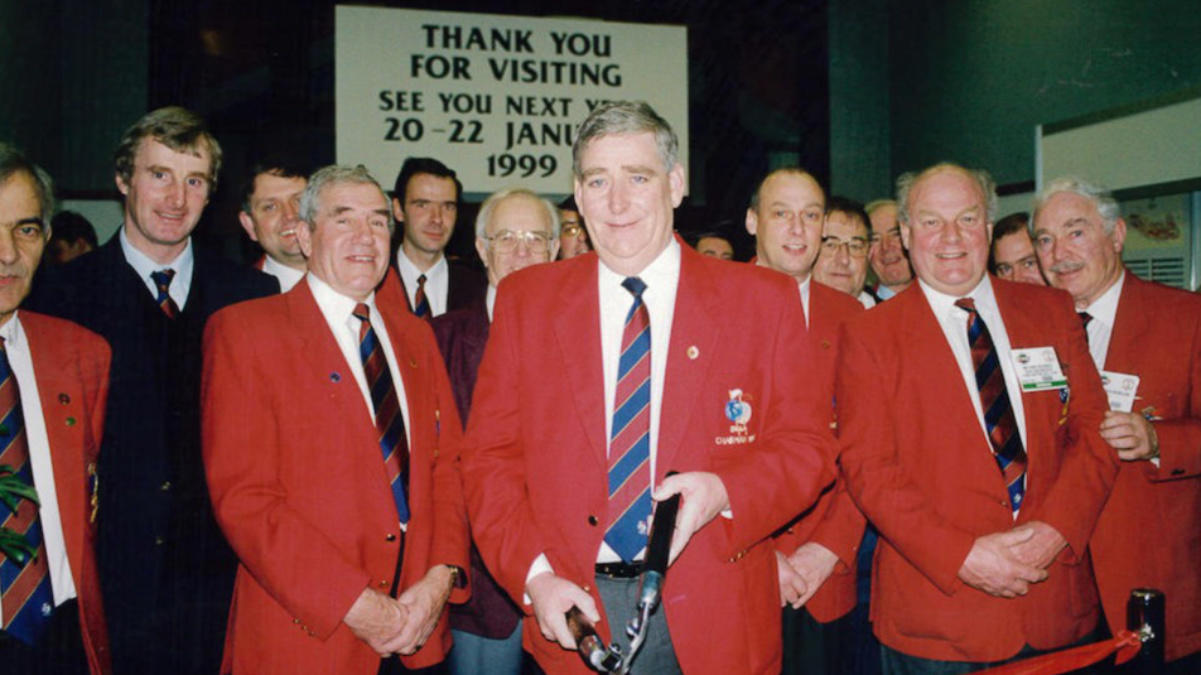
The AGM traditionally begins by acknowledging the BIGGA members who have died in the last 12 months. Former BIGGA Chairman Patrick Murphy was remembered, having died in November 2020 aged 72.
Other members, former officials or important contributors to the greenkeeping industry within the association who were lost in the past year include Peter Alliss, Martyn Anthony, Gary Burns, Damian Byrne, Joseph Childs, David Croxton, John Hannah, Alan Harper, Patrick Murphy, Tom O’Brien, Gordon Peebles, Eric Perry, Stuart Richens, David Simpson, Peter Simpson, Douglas Smith, Huw Thomas and John Wright.
Nominations for life membership
Five association members were proposed for life membership. Ordinarily these members would have been presented at the BIGGA Welcome Celebration at BTME, but with that not taking place due to the coronavirus pandemic, they received their nominations virtually.
Mark Broughton MG
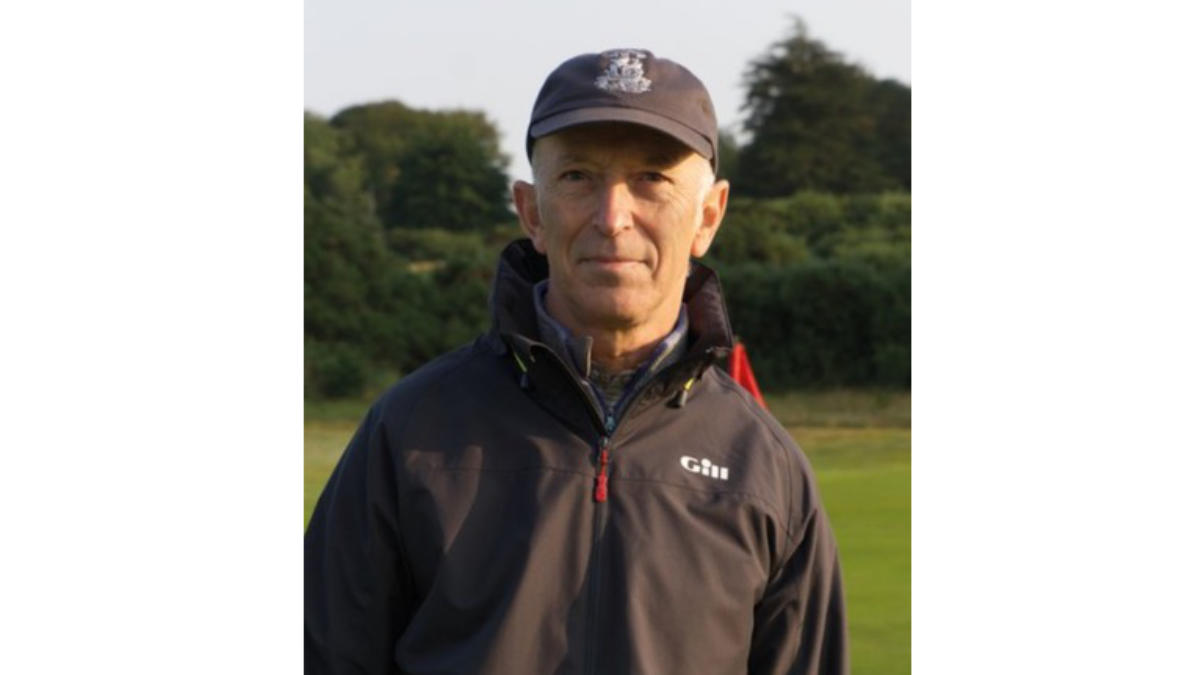
Mark has been a member of BIGGA since its inception. He has served on the section and region committees. He also has a particular passion for sustainability and has received a number of awards for his work in this area. Mark recently retired after many years of outstanding service at Aldeburgh Golf Club.
The nomination was proposed by the East Anglia Section.
Stuart Greenwood
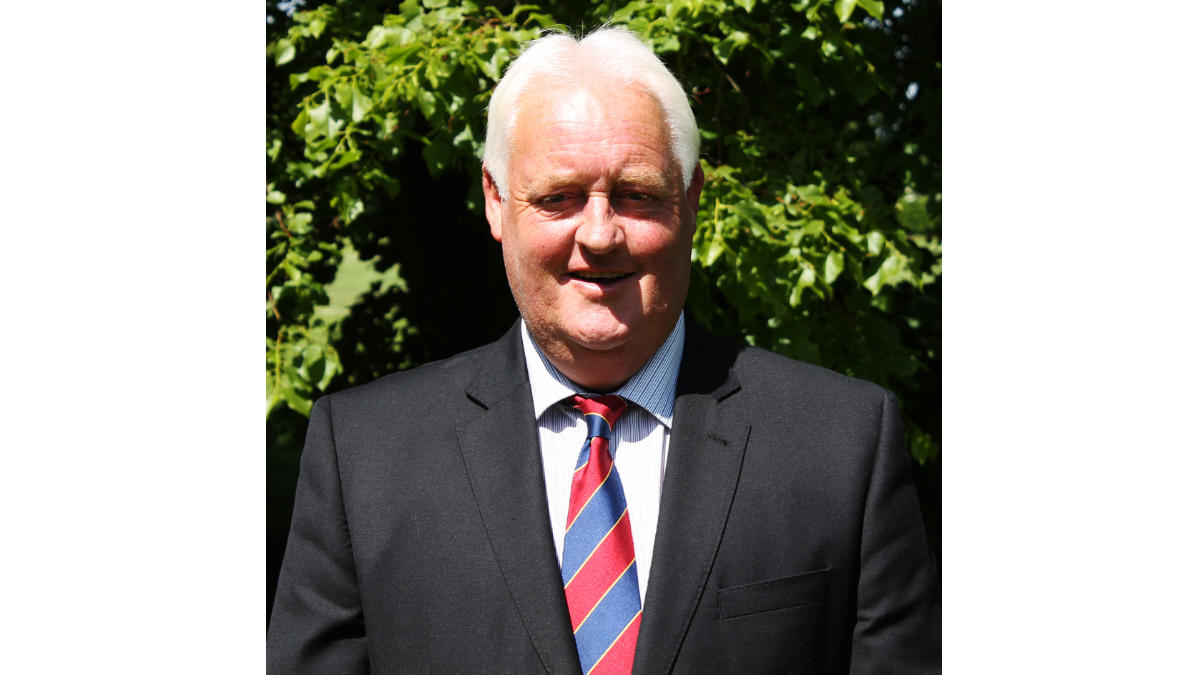
Stuart has been a member of BIGGA since its inception and served on committees at all levels including a five-year term on the Board of Management. Stuart recently retired as course manager from North Berwick Golf Club.
The nomination was proposed by BIGGA Scotland’s East Section.
Iain Macleod
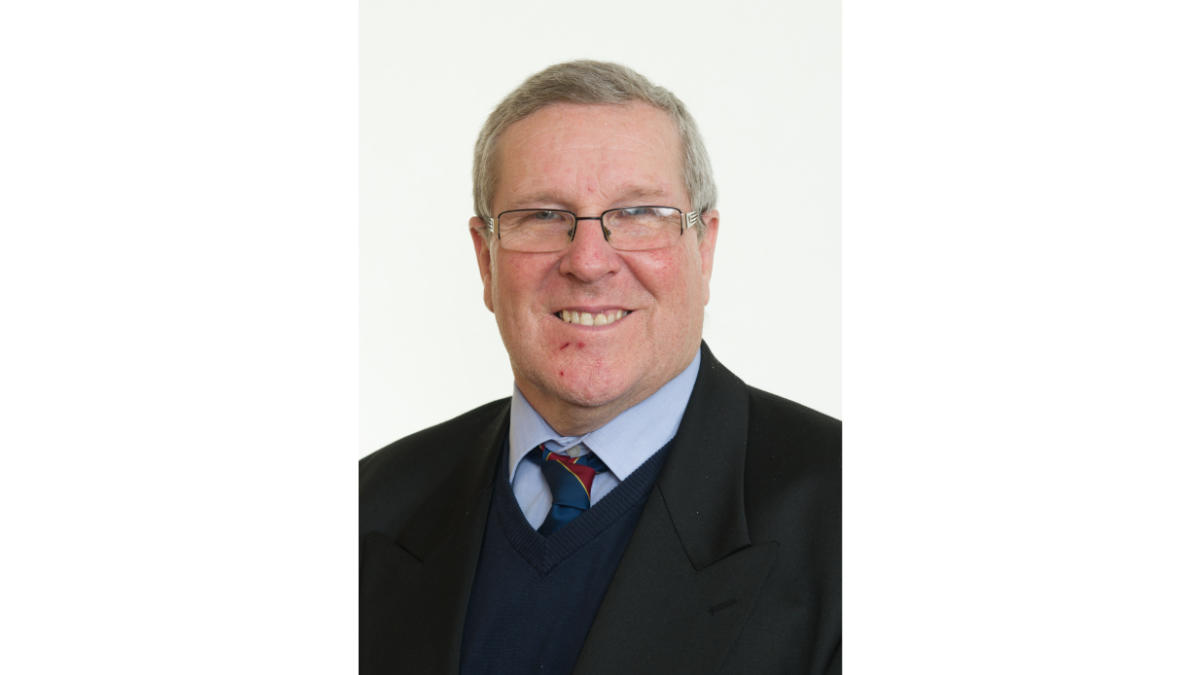
BIGGA President during 2016, Iain helped to establish the BIGGA Scotland North Section and was its first secretary. He has been a member of BIGGA since its inception and has served on committees throughout his career. He was most recently course manager at Tain Golf Club, joining the team in 1976.
The nomination was proposed by BIGGA Scotland’s North Section.
Chris Sealey
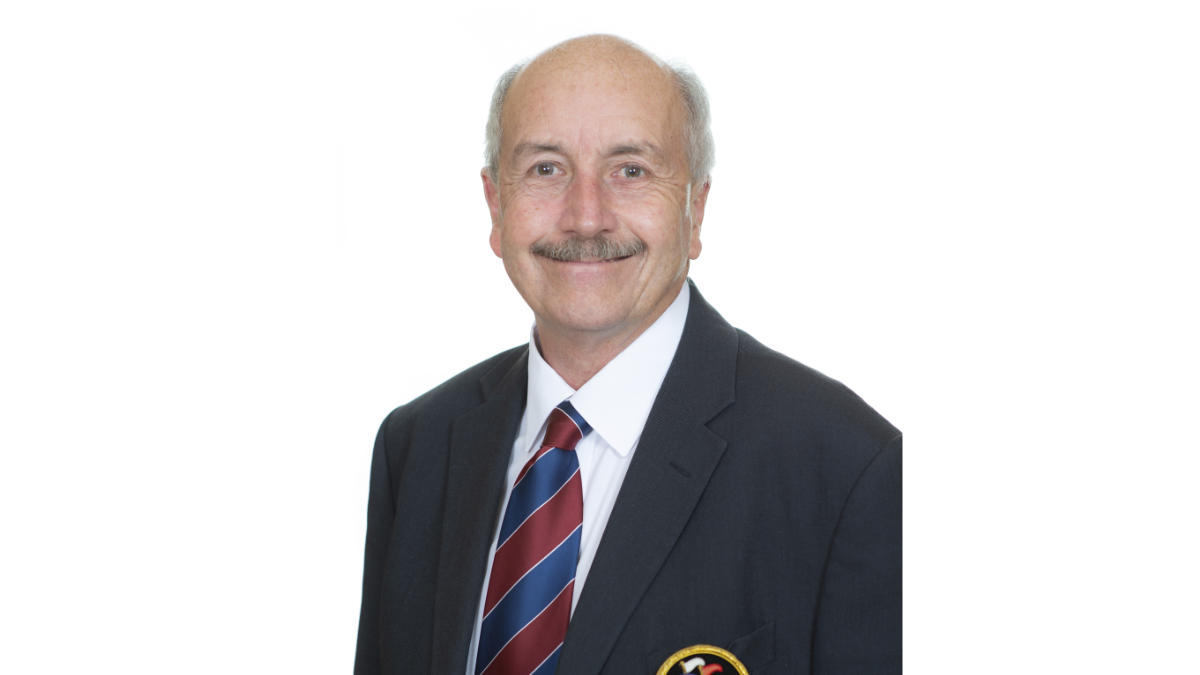
Chippenham Course Manager Chris Sealey has been a member of the association since its inception and has served at every level, including being chairman in 2014. He also contributed hugely to the development of BIGGA’s education programme.
The nomination was proposed by the South West Section.
Ian Tomlinson

Ian has been a member of BIGGA since its inception. After early years in Yorkshire, the majority of Ian’s career has been outside the UK with senior roles in Switzerland and Denmark. He was a founder member of the Swiss Greenkeepers Association and also founded a group of course managers in Denmark focussed on sustainability. Despite being away from the UK, Ian continued to support BIGGA by attending at BTME, contributing to the magazine and speaking at conferences. He has also assisted BIGGA in its engagement with overseas members.
The nomination was proposed by the BB&O Section.
Other business
The Articles of Association were amended to replace the term ‘Chairman’ with ‘Chairperson’ to reflect the increasing role of female members in the activities if the association.
Due to the unprecedent coronavirus situation, the articles were also amended to enable the length of terms of office for the president and vice president to be altered in exceptional circumstances. Colin Webber and Gordon Moir will now continue in those roles until January 2022.
Former BIGGA President Iain Macleod replaced Chris Sealey as a Guardian on the Board of Management.
Stuart Taylor of Glasgow Golf Club stepped down as Director of the Scottish Region and was replaced by Stuart Ferguson MG from West Linton Golf Club.
Colin Webber speaks on impact of the pandemic and calls for greenkeepers to take the lead in strive towards carbon neutrality in President’s Report
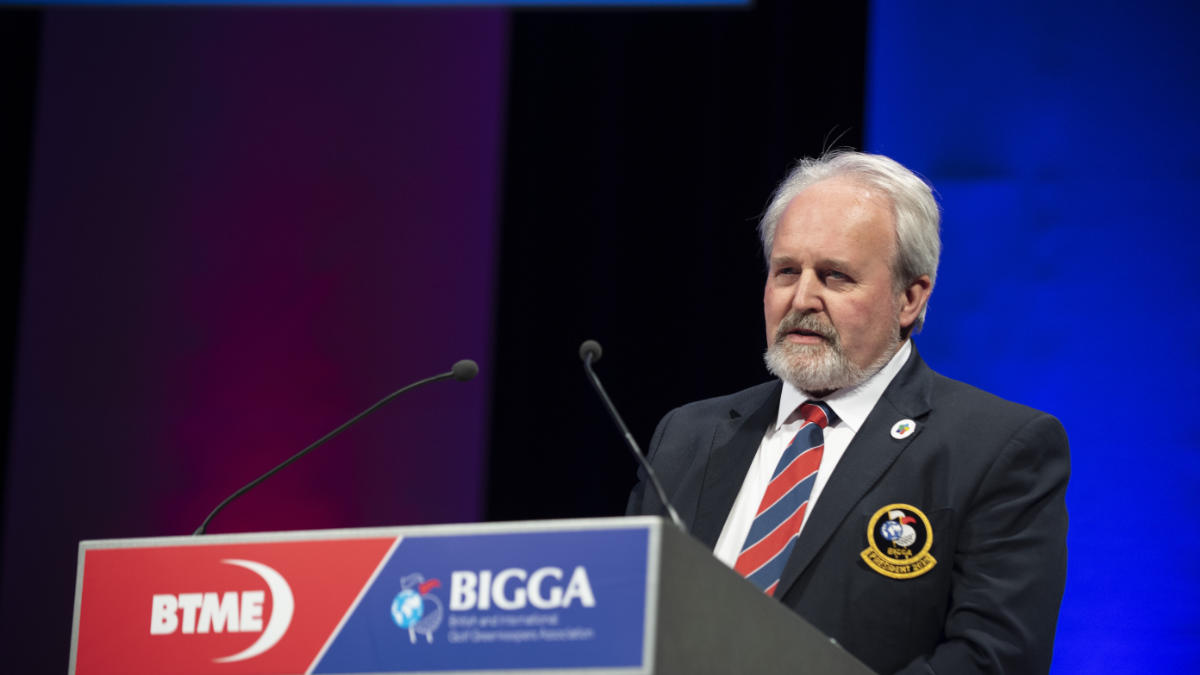
The following is a transcript of BIGGA President Colin Webber’s President’s Report, which he delivered at the AGM.
In January 2020 I stood on the stage proclaiming that BTME was responsible for the well-being and mental health of our industry, I sure wish I was there now.
I was so proud and ready for my special year. It was Harrogate one week and Florida the next for the Golf Industry Show in Orlando. A fantastic event with special memories, meeting up with the guys on the BIGGA Delegation with Bernhard Company. Observing first-hand the respect this industry has for our Association and staff was impressive.
My wife and I had a holiday after GIS, which included one of the best experiences of our lives when we accepted an invite from [Director of Golf Course Maintenance] Brad Owen to take a look around Augusta National. I’ve never been star struck by people or places before but Augusta did it.
The next day in, a torrential rainstorm, we were shown around East Lake by [Golf Course Superintendent] Charles Aubrey and [Lead Assistant Superintendent] Davis Watts. This was very special with a fantastic story behind it that showed how a rundown poverty- stricken area could be transformed by a golf course, providing schools and housing for what was a slum area.
We also visited [Head Superintendent] Mark Hoban at the Rivermont course in Atlanta, a very organic and sustainably operated course that is rightfully winning awards for superb environmental work.
After a few days back at Portmore in February it was off to Ireland to the FEGGA Conference, where I assumed the duties of director of entertainment.
In early March I went to Peterborough for the Energy and Rural Business Show, where I tried to update myself on where and how our greenkeeping industry could benefit and maybe lead the way within golf on courses becoming carbon zero. It was also good to see solutions to some of our current problems being solved with technology and innovation.
I then travelled down to Royal St George’s for an initial planning meeting with [Head Greenkeeper] Paul Larsen and the R&A ready for The Open in July – it was tipping down with flash flooding everywhere.
The next day the South East Region invited me to play at Walton Heath. They also had torrential rain and I was astounded that we played golf in really good conditions.
That Sunday the Board of Management meeting was held. At that point we were just starting to hear and talk about a pandemic, not really knowing what it was. By 23 March the death toll had reached 1,000 and lockdown was imposed.
Although I’d hit the ground running, the bump when I hit the wall was equally as spectacular.
All the things I wanted to do this year, all the plans were gone. At that point in time we had 22 staff at Portmore and I hardly slept for the four days running up to lockdown, the mental pressure was so severe. Having come through one of the wettest winters ever, I was asking myself how do I pay for everything? What do I do with my team? What about the promises and commitments I’d made? You look at your bank account thinking you’ve got reserves for four to six months, what can we do?
Thirty-five years of blood, sweat and tears, with all the planning, education, finance, and the struggle to pour everything that’s in you into building a secure life for your family and a successful business.
It felt like we had started a business and helped it to survive and thrive for 30 years, only to have it all kicked away through no fault of our own. On the darkest of days, the black dog was sat beside me for several weeks. But thankfully the sun came out, the birds started to sing, the grass started to grow like crazy and the only thing that was missing was the golfers, which at that time was quite a relief. Then on 10 May we got news that golf courses were allowed to open in three days.
By now my wife Mandy, my son Josh and I had figured out that the only way we could survive was to batten down the hatches, spend as little as possible, use the furlough scheme and amass enough cash to get us through this winter as far as April.
Trying to keep as many staff as possible, there was no other business plan and it was not about profit any more but survival. Working hundred-hour weeks was what was needed and is what we did! We had to make our clubhouse, driving range and golf course as safe as we possibly could.
Looking back on those workshops at BTME and learning how to do risk assessments wasn’t all a waste of time, especially when you find out that 95% of businesses have no risk assessments. It was this that enabled us to start trading on day one with our local Health & Safety official’s consent and very limited staff.
I am incredibly grateful that my ambition to become carbon-zero 20 years ago is now paying dividends; my ongoing costs, water, electric and day-to-day running bills are as low as I can possibly get them.
There is absolutely no doubt that as an industry and as a population we have to address climate change. I am no saint here, no tree-hugger, I’m just passionate about our future.
UK agriculture set a target of 2030 to become carbon-zero and I see no reason why our industry can’t do the same, only quicker. We have the motivation within our professional greenkeeping teams to make this happen and we are enthusiastic about our natural environment. Golf club members are passionate about their role in society and if they realise there is a chance to crow about our stand to reverse the effect of climate change they will, even if they don’t believe it – their wives, children and grandchildren will be pushing hard.
Our biggest hurdle is our own attitude to the challenge. We are the most important part of this process and we need to design out the problems and challenges. For example: if the only water you have on your course is mains water build a lake or construct a reservoir! Catch the water from nearby roadsand from your clubhouse roof to flush your toilets, to wash your range balls and machinery. Water is going to become a major problem because of shortages. We will be targeted by the regulators, so change now while you’re in control!
I’m often asked ‘what are the quick fixes?’ In my experience, these are the big savings:
- Change your electricity supply to a totally renewable one – hydro, wind or solar. It’s cheaper and should save a minimum of 50 tons of CO2
- Meters, both water and electric. On a quiet day take a meter reading when everything is turned off as you leave at night and again when you start in the morning to find out if you have you a leaking water main as they don’t last. As a guide my water bill is around £750 a year, which includes my house.
- I was astonished when I changed the old fluorescent light strips to LED. It took 42 days to pay for the change and that was when the LED fittings were double the cost that they are now.
- Build your own washdown pad – it’s not difficult – it simply needs to be a closed loop system to be compliant.
- Reduce, re-use and recycle, you know the story.
At the Continue to Learn Conference last month we discovered that from a survey of 25,000 golf club members the reasons that they were at that club were:
Number 1 – the golf course
Number 2 – the professional management of the club and;
Number 3 – customer service
At the bottom was the pro, competitive golf and social events.
We greenkeepers are highlighted in the top three reasons why people join a club – we are important!!
Please stay positive and be kind to each other, we will get through this, there are tough economic times coming so any cost savings you can make put you front and centre in the management of your club regardless of size, it’s all relative.
Author

Karl Hansell
Karl has been head of communications for BIGGA since March 2016. His duties include editing the monthly Greenkeeper International magazine, in addition to other communications activities for the association.
